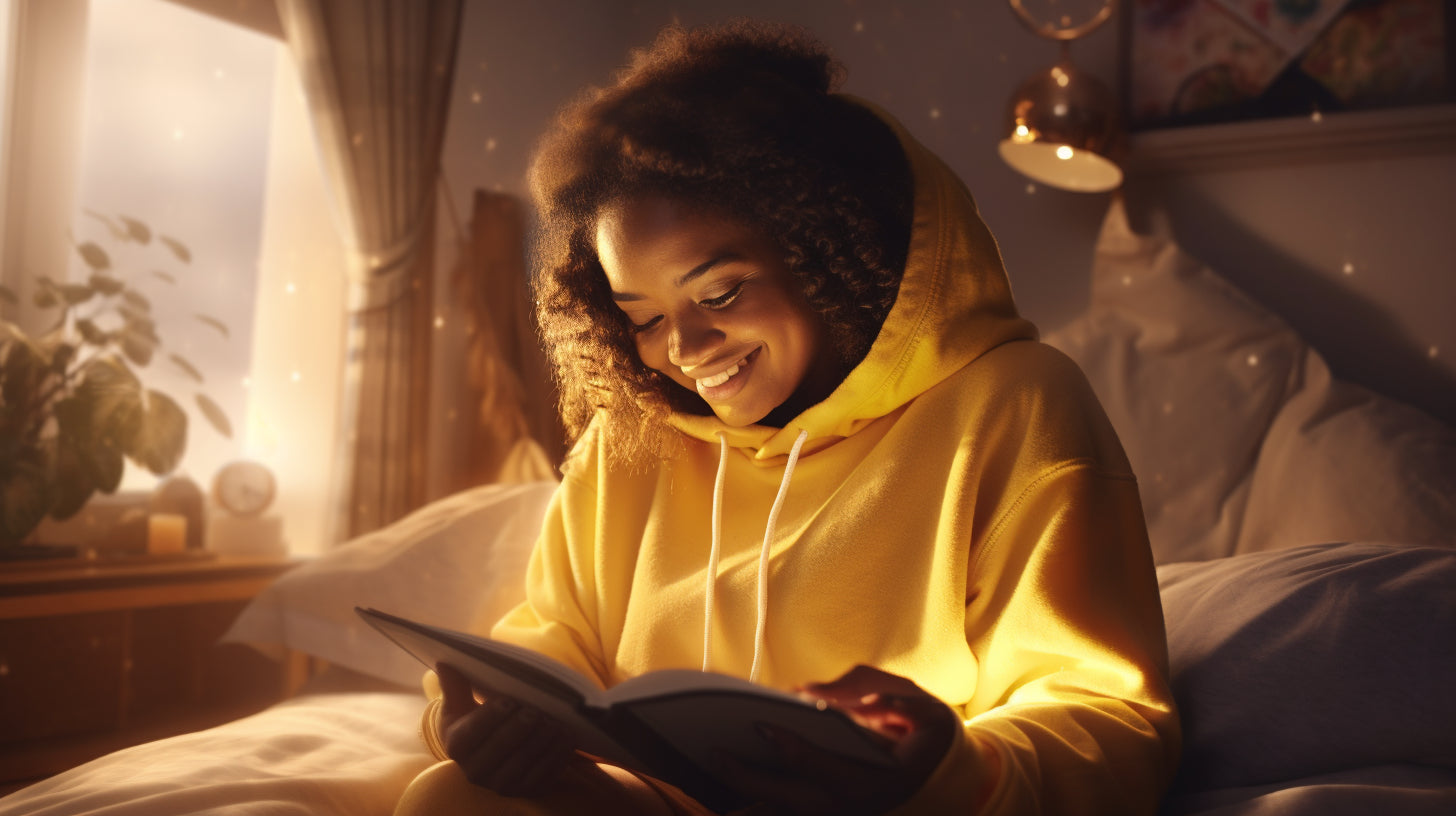
Digital Detox: Wellness trends for 2024, it’s time to Disconnect to Reconnect

|
Written by Ruby Deevoy Ruby Deevoy is an award-nominated health, science and wellbeing journalist who contributes to publications such as New Scientist, The Telegraph, The Times, Stylist, Natural Health and many more. She is the UK's first and only ever mainstream CBD columnist (Top Sante magazine) and CBD consultant for international CBD and cannabis brands and clinics. |
It’s time for a digital detox! Last year, Forbes reported that a record 3.8 trillion hours were spent on mobile apps during 2021. This excessive screen time increased in 2022, and we’re likely to find that users will have topped the average 4.8 hours a day yet again in 2023.
These screen time statistics are alarming. Perhaps even more so is the figure published by The Independent stating that the average adult will spend 34 years of their life staring at screens.
But why are we doing this to ourselves? Some of it is unavoidable in the Western world today. So much of our work demands daily screen usage, while apps have taken over from human contact for many necessary chores and activities. Perhaps this could be considered ‘productive’ screen time. But what about the hours we’re choosing to dump on top of all that?
Social media is considered to be one of the most harmful forms of screen time, which is used by nearly 60% of the world for an average of 2.5 hours a day.
Until recently, the term ‘addiction’ has typically defined behaviours related to substances, but given our widespread, problematic use of popular platforms such as Instagram, Facebook, Twitter and TikTok, this has now changed. People, particularly parents, are becoming so concerned by this that a law suit has just been filed against Meta (the parent company of Facebook, Instagram, WhatsApp and Messenger), claiming that the company “knowingly used features on its platforms to cause children to use them compulsively”.
If you’re prone to doom scrolling or excessive screen use, you may be wondering what the implications of this are. So, let’s take a closer look…

Desensitised brain reward system
If you’ve ever used social media, you may have noticed the buzz you get from receiving likes and comments on your posts - and even from laughing at or relating to memes and ‘Doom Scrolling’. This apparent ‘feel good’ hit comes down to the trigger social media has on our brain’s reward system, which is alarmingly similar to the effect addictive drugs (such as opioids) have.
Even the people who developed social media platforms such as Instagram and TikTok have said that these are designed to give you a little dopamine hit for certain actions, and this is what keeps you coming back for more.
Given how much we tend to use social media, this constant synthetic use of our reward system has been linked to potential desensitisation and raised tolerance levels to chemicals such as dopamine. The sad result? That you’re always going to be searching for more, and what might have given you joy in the real world before will now be far less likely to.

Increase in mental health conditions
Approval seeking behaviour is something almost all of us are guilty of, to some extent. Stemming from childhood, vying for validation from our parents, teachers or peers is likely to seep into your adult life whether you realise it or not! And social media exacerbates this to the extreme.
As more and more people seek this approval from their followers, we see a constant rise in the use of filters and staged dream lifestyles, which is leading both men and women to question their appearance, value and the meaning of success. This of course can lead to a raft of mental health issues.
Combatting at least some of this risk, the UK has now banned Instagram influencers from using image altering filters when promoting beauty brands - albeit so as not to mislead consumers when selling products, rather than to protect mental wellbeing.

The rise of ‘Tech Neck’
Tech Neck is a new term used to describe the physical symptoms of our screen obsession, including back and shoulder pain, headaches, wrinkles and neck spasms. This is caused by the repetitive strain injury triggered by looking down at a phone or computer every day for long periods of time.
Although there are ways to prevent Tech Neck (such as adjusting your environment/screen so that you do not have to tilt your neck) and physical therapy techniques to alleviate pain, your best bet would be to avoid it altogether! When our screen habit is causing physical pain, as well as emotional, it’s high time we re-think our priorities and habits.

Radiation exposure
Did you know, France has actually banned the iPhone 12 due to devices failing the European radiation regulation checks? It’s official that this particular phone could emit potentially harmful levels of radiation even with minimal use. But what about other devices that we use for hours day in, day out?
Radiation exposure from phone usage has always been a concern and the CDC says we don’t fully understand the impact of years of use, or what the effect might be down the line. The International Agency for Research on Cancer has classified radiofrequency radiation (the kind emitted from phones) as a ‘possible human carcinogen’. As our screen time increases so too does the potential risk.

It's time for a digital detox!
With all this in mind, it makes sense that one of the top wellness trends for 2024 is ‘disconnect to reconnect’ - tearing ourselves away from screens, deleting our games and social media apps, and re-emerging into the real world. Spending time being completely present with ourselves, our surroundings, and our loved ones. And reintegrating nature, inside and out. Given our dependence on our devices, you may feel the need for some soothing support during this time of detachment, which you can find delivered directly from nature in the form of Eresos CBD oil.




